What are the regulations on converting the time to participate in the training of lawyers in Vietnam? - Minh Giang (Binh Dinh, Vietnam)
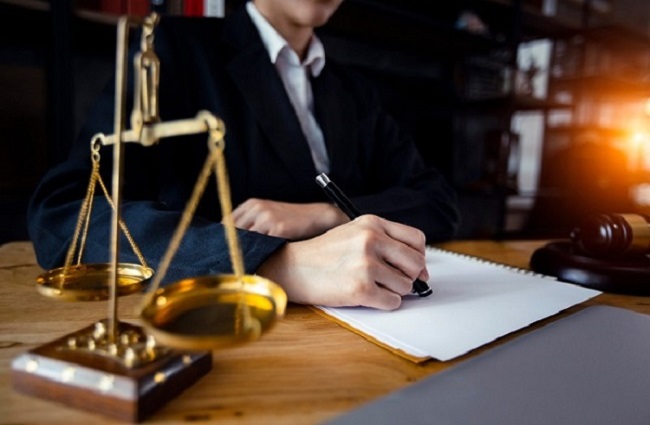
Guidelines for converting the time to participate in the training of lawyers in Vietnam (Internet image)
Regarding this issue, LawNet would like to answer as follows:
1. Regulations on the content and form of training for lawyers in Vietnam
Depending on the required annual refresher course, the refresher content includes one or more of the following:
- Ethics and professional conduct of lawyers;
- Maintaining and expanding legal knowledge;
- Law practice skills and skills to support law practice activities;
- Management skills in law practice organization.
The training is organized in the form of a professional refresher course for lawyers or exchange of experience in law practice.
(Article 3 of Circular 02/2019/TT-BTP)
2. Guidelines for converting the time to participate in the training of lawyers in Vietnam
Lawyers may convert their training time in that year when they fall into one of the cases specified in Clause 2, Article 5 of Circular 02/2019/TT-BTP, specifically as follows:
- Writing legal research articles published in domestic or foreign law journals; write books and published textbooks on the ethics and professional conduct of lawyers or law practice skills;
- Participating in teaching about law, law practice skills, ethics, and professional behavior of lawyers at bachelor of law training institutions; participating in teaching refresher courses or exchanging experiences in law practice in accordance with this Circular;
- Participating in and completing the judicial title training program;
- Participating in and completing professional training courses on lawyers and law practice abroad;
- Participating in training programs, seminars and seminars for 01 day or more on the contents as prescribed in Section 4 organized by the Department of Justice and the Department of Justice.
3. Principles of lawyer training in Vietnam
The implementation of professional training for lawyers is based on the following principles:
- Ensuring correct, sufficient time, content, program and quality of training.
- Ensuring responsibility and efficiency of performing the obligation to participate in training.
(Article 2 of Circular 02/2019/TT-BTP)
4. Prohibited acts of lawyers in Vietnam
Specifically, in Clause 1, Article 9 of the Law on Lawyers 2006 (amended 2012), lawyers are forbidden to commit the following acts:
- Providing legal services to clients who have conflicting interests in the same criminal, civil or administrative case or civil affair (hereinafter collectively referred to as cases and affairs) as provided for by law;
- Intentionally supplying forged or untruthful documents or material evidences; instigating detainees, the accused, defendants or involved persons to make untruthful declarations or instigating clients to make complaints, denunciations or petitions in contravention of law;
- Disclosing information on cases, affairs or clients they have acquired in the process of professional practice, unless it is agreed by clients in writing or otherwise provided for by law.
- Harassing or deceiving clients;
- Receiving or asking for any money amounts or benefits other than remunerations and charges agreed upon with clients in legal service contracts;
- Establishing contacts or relations with persons conducting or participating in legal proceedings or with cadres or civil servants to act in contravention of law in the settlement of cases or affairs;
- Abusing law practice or the lawyer's title to cause harms to national security, social order or safety, infringing upon the State's interests, public interests or legitimate rights and interests of agencies, organizations or individuals.
Thanh Rin
- Key word:
- Lawyers in Vietnam
- training in Vietnam
 Article table of contents
Article table of contents




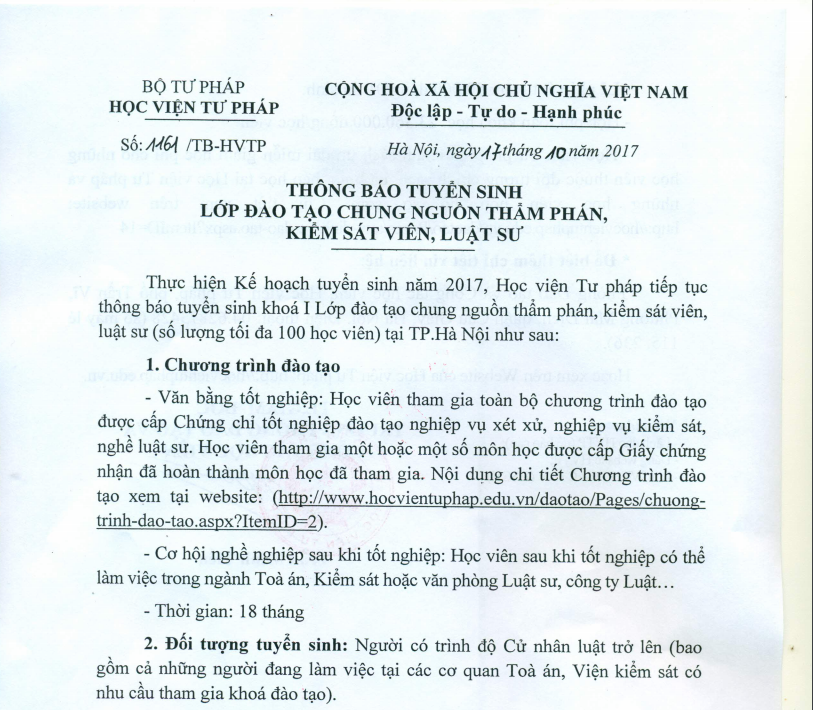
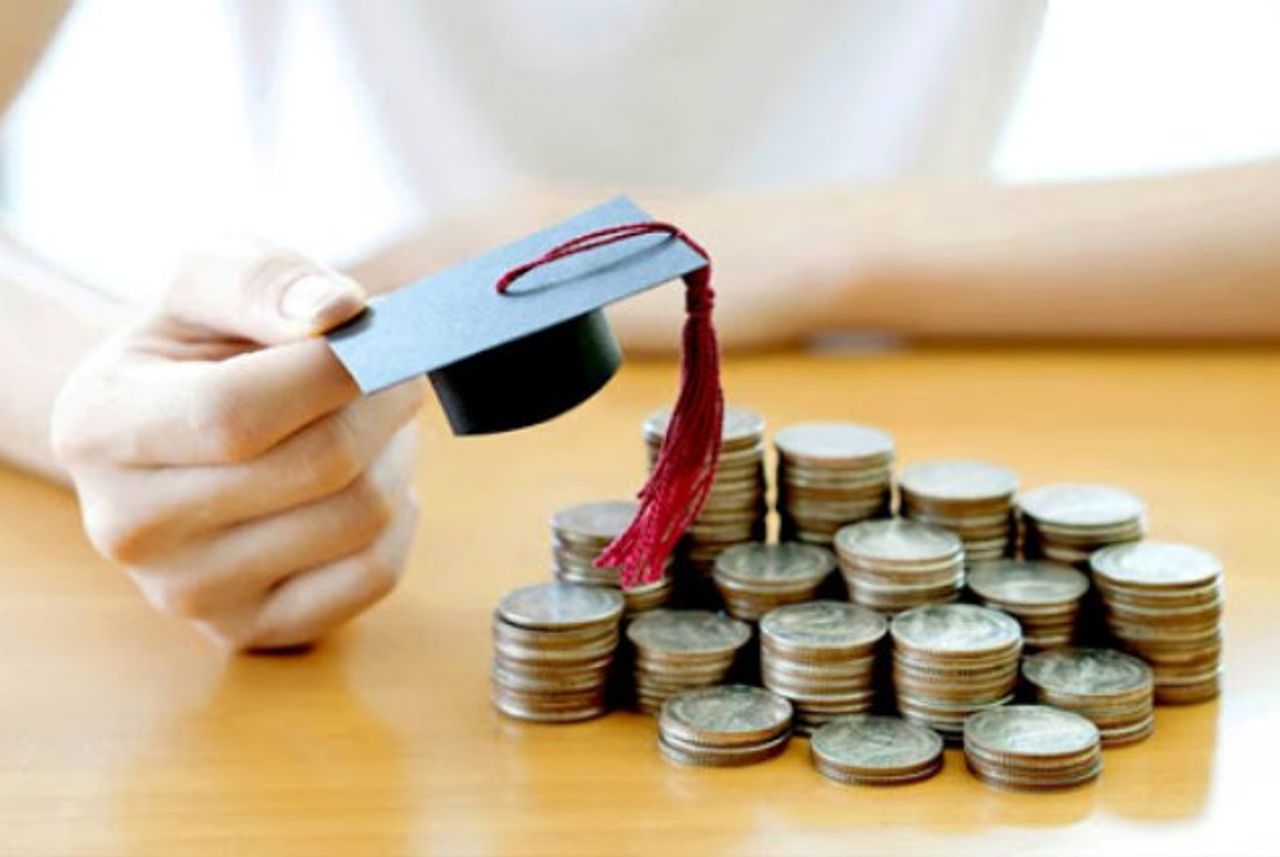
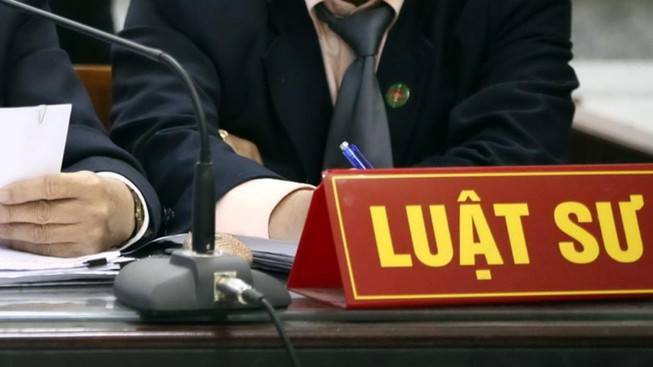
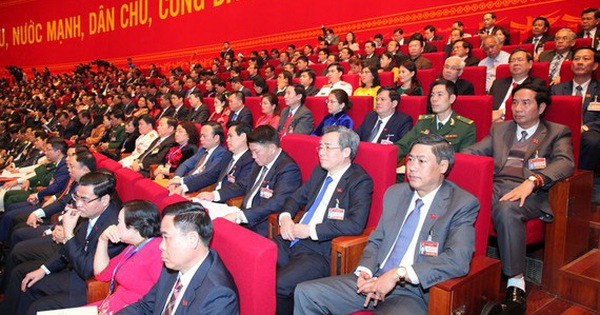
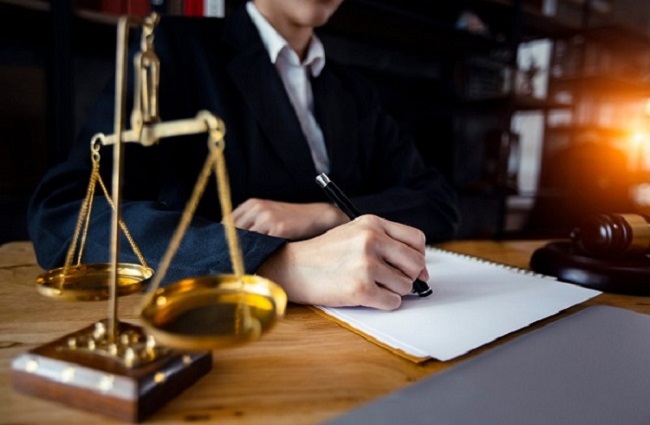

.Medium.png)
.Medium.png)
.Medium.png)
.Medium.png)
